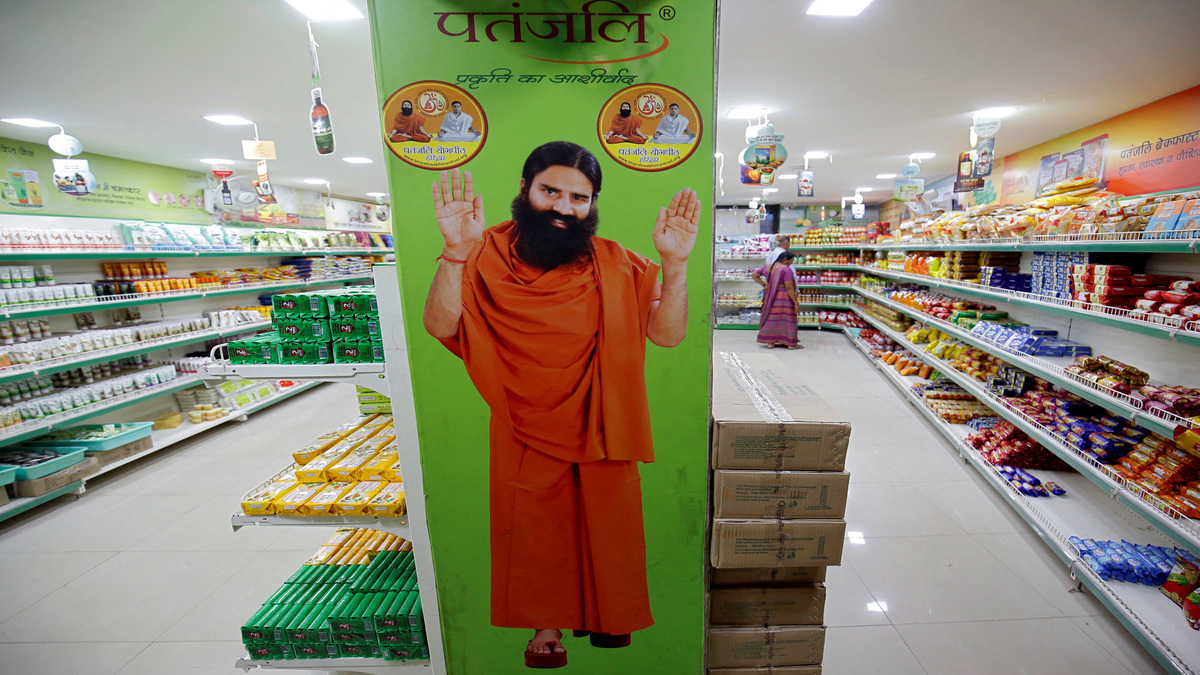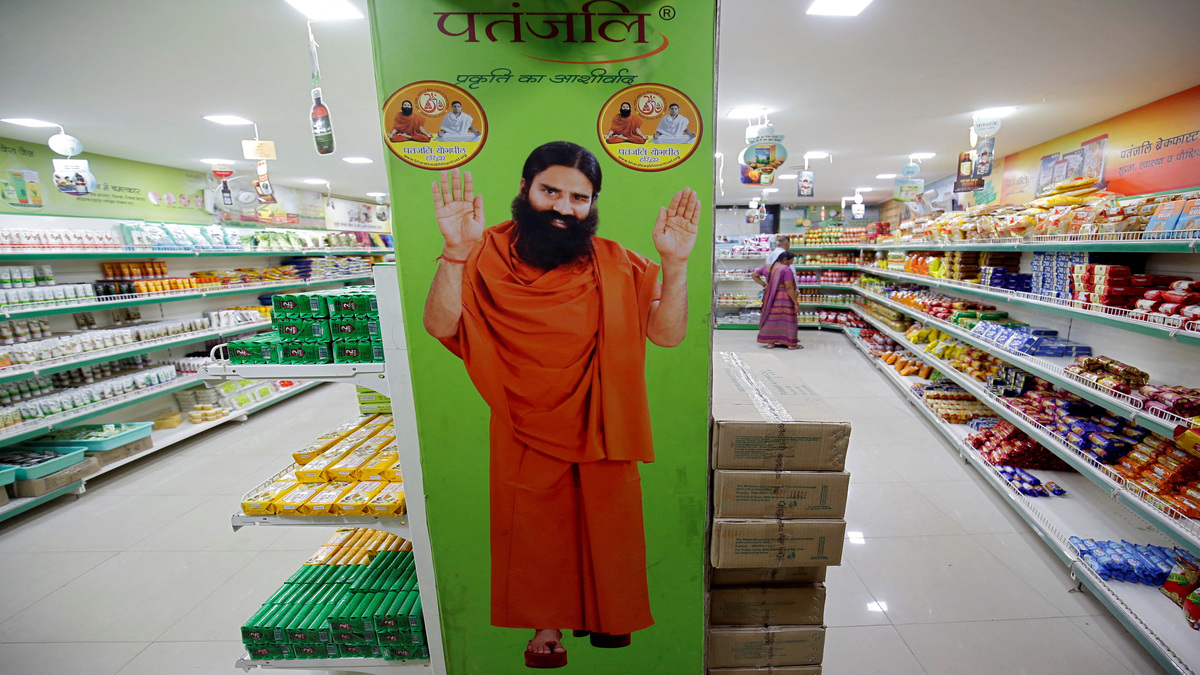In a first, at least 15 judges of the Supreme Court comprising three separate Constitution benches will hear petitions on triple talaq and other “issues of grave importance” during the summer break, reported Hindustan Times .
Chief Justice of India JS Khehar on Thursday said that the court is ready to sit on weekends too. The report added that usually four Supreme Court judges work during the 90-day break but this time, 19 of the 28 judges will be hearing cases. Apart from cases on triple talaq, the court will also hear cases regarding the right to privacy for users of WhatsApp and Facebook and citizenship rights of children born to Bangladeshi migrants.
Though this practice of going on summer breaks has come under criticism in the past and it was even questioned by Prime Minister Narendra Modi, however on Thursday, Khehar said: “These are very, very important matters. If we don’t do it like this (by hearing them in separate Constitution Benches), they will not be decided for years and years together. Then you (lawyers) don’t blame us that it did not happen…or that there are so much arrears,” reported The Indian Express .
The apex court also fixed 11 May as the date for the commencement of hearing on pleas challenging the validity of triple talaq, ’nikah halala’ and polygamy practices among Muslims.
On 27 March, the All India Muslim Personal Law Board (AIMPLB) told the Supreme Court that the pleas challenging such practices among Muslims were not maintainable as the issues fell outside the realm of judiciary.
The board had also said that the validity of Mohammedan Law, founded essentially on the Quran and sources based on it, cannot be tested on the particular provisions of the Constitution.
It had said there was a need for “judicial restraint” before going into constitutional interpretation of these unless such an exercise becomes unavoidable.
The apex court had earlier said it would decide issues pertaining to “legal” aspects of the practices of triple talaq, ’nikah halala’ and polygamy among Muslims and would not deal with the question whether divorce under Muslim law needs to be supervised by courts as it falls under the legislative domain.
With inputs from PTI


)




)
)
)
)
)
)
)
)